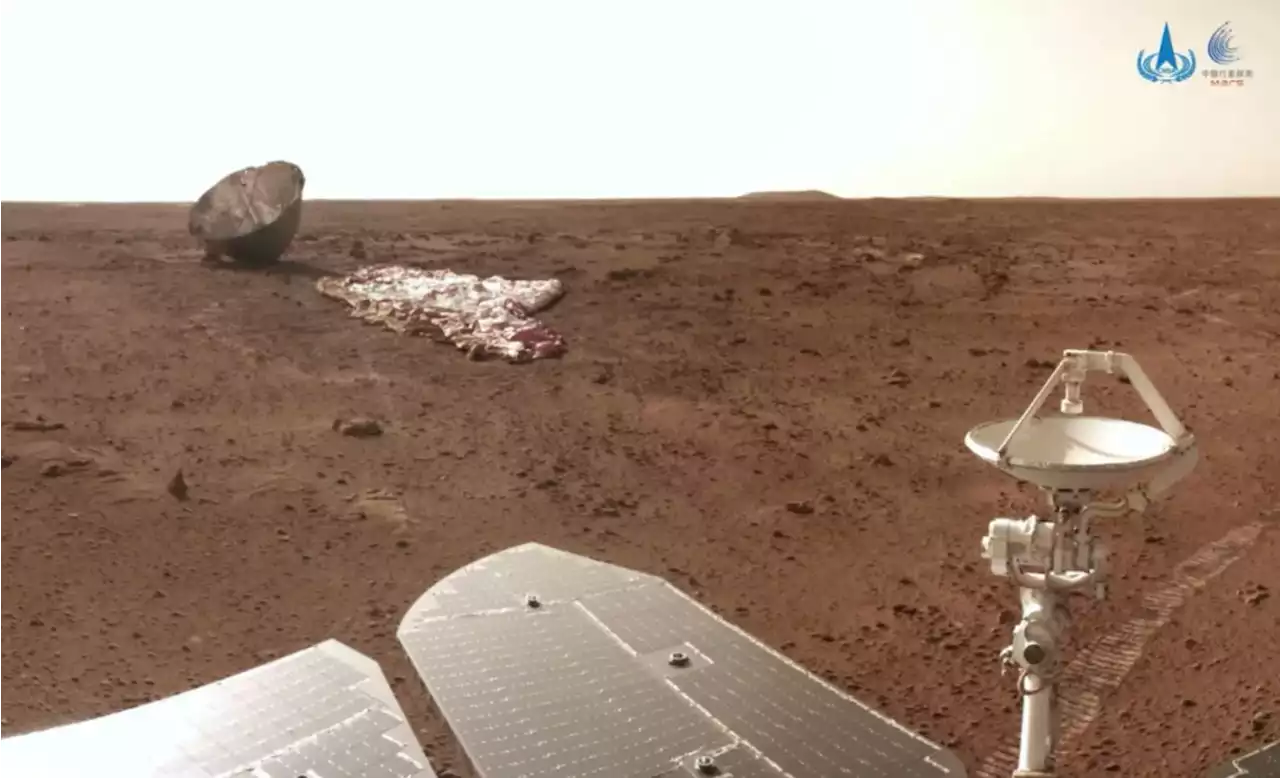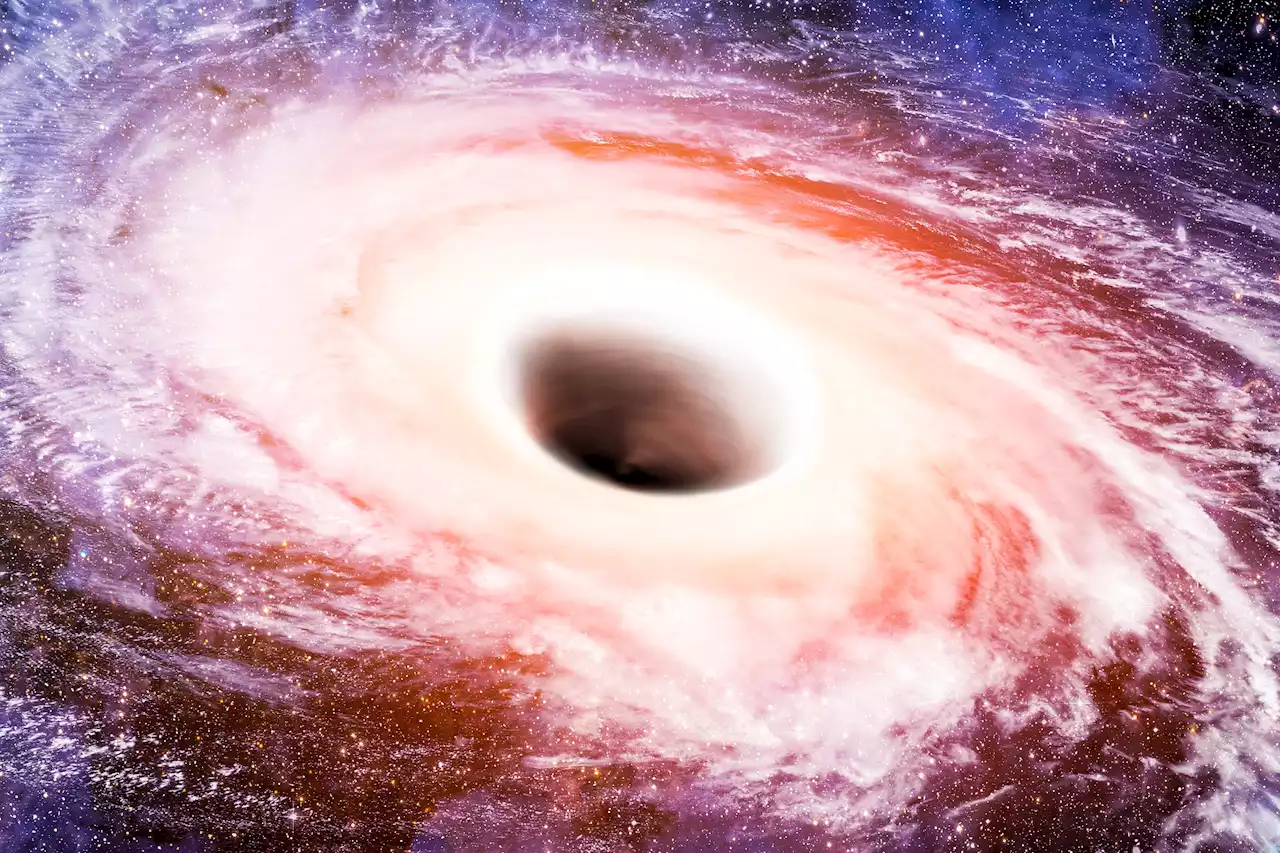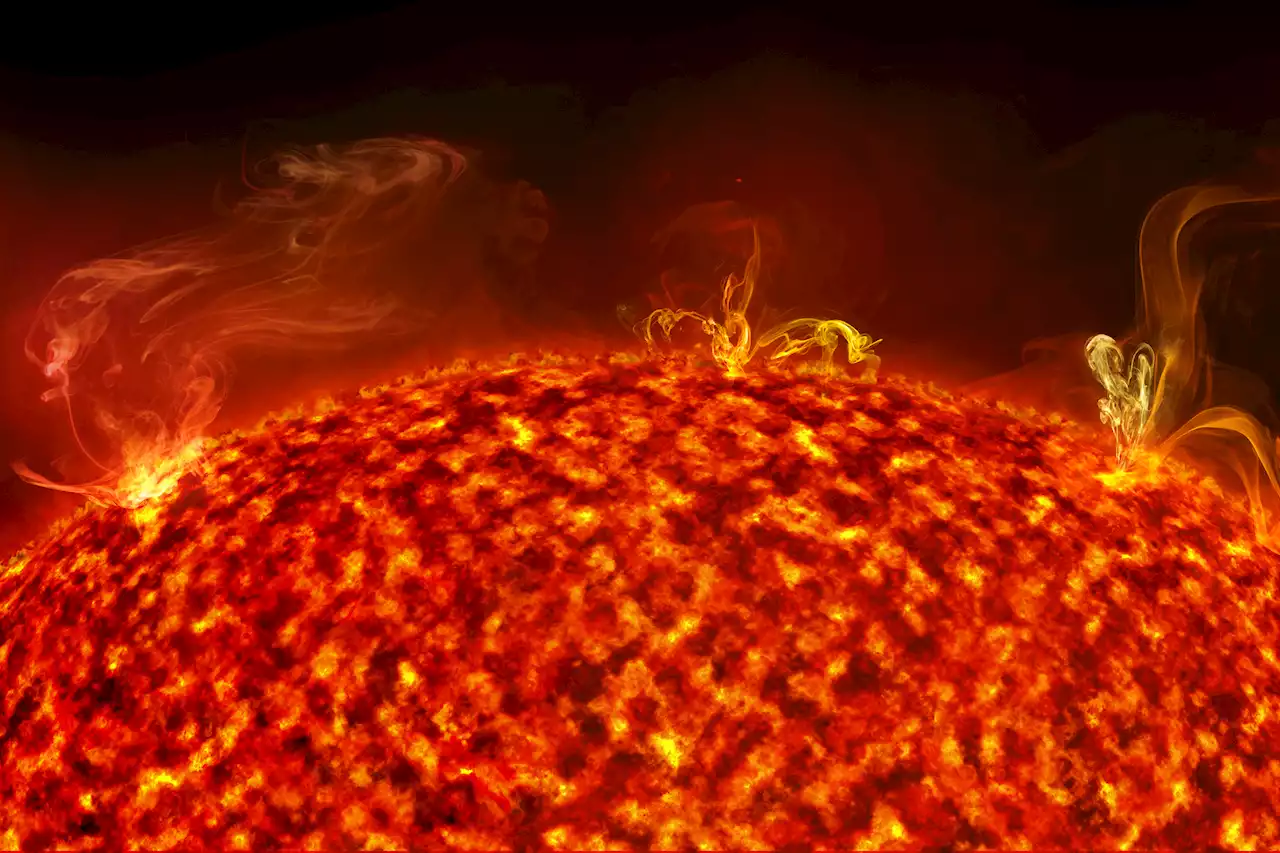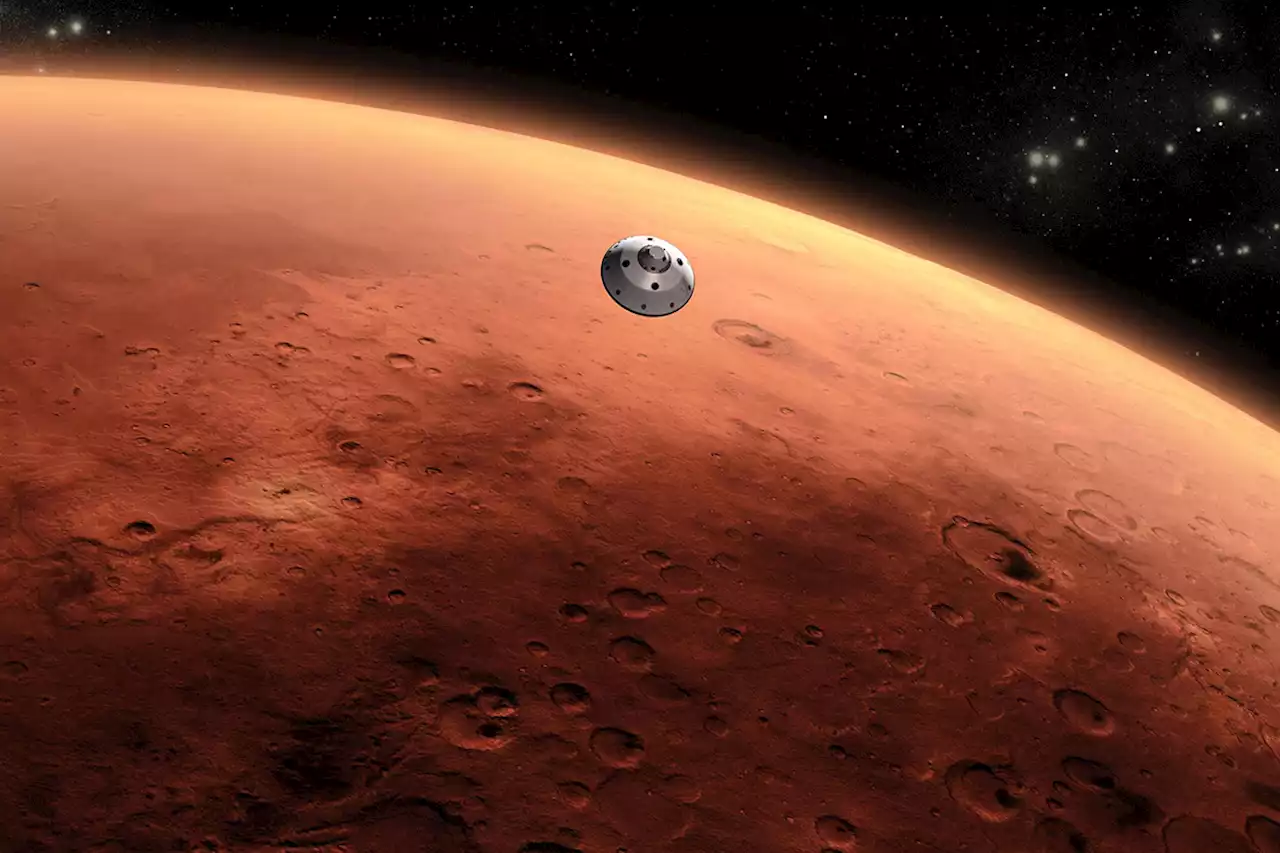China is aiming to bring the first rock samples from Mars to Earth in 2031, two years before NASA plans to perform the coveted feat.
The ambitious Tianwen-3 sample return mission was outlined this week by Sun Zezhou, chief designer of China’s current Mars orbiter and rover mission, SpaceNews reported on Monday.
Part of the reason for the tighter time frame is the simplicity of China’s proposed mission, which, unlike NASA’s more complex plan, would involve a single Mars landing and a more straightforward sample collection process. The CNSA and NASA missions are highly complex and require a huge amount of research and testing, with both space agencies well aware that there is the potential for things to go wrong at any stage.
United States Latest News, United States Headlines
Similar News:You can also read news stories similar to this one that we have collected from other news sources.
 China aims to bring Mars samples to Earth 2 years before NASA, ESA mission - SpaceNewsChina’s Mars sample return mission aims to collect samples from the Red Planet and deliver them to Earth in 2031, or two years ahead of a NASA and ESA joint mission.
China aims to bring Mars samples to Earth 2 years before NASA, ESA mission - SpaceNewsChina’s Mars sample return mission aims to collect samples from the Red Planet and deliver them to Earth in 2031, or two years ahead of a NASA and ESA joint mission.
Read more »
 Breakingviews - Markets bring Italy’s hydrogen IPO back to earthDe Nora’s bold IPO ambitions just took a cold shower. The Italian group of hydrogen components, electrodes and water treatments has set the price for its planned market listing at between 2.7 billion euros and 3.3 billion euros. That’s a reduction of at least 27% from earlier expectations of at least 4.5 billion euros .
Breakingviews - Markets bring Italy’s hydrogen IPO back to earthDe Nora’s bold IPO ambitions just took a cold shower. The Italian group of hydrogen components, electrodes and water treatments has set the price for its planned market listing at between 2.7 billion euros and 3.3 billion euros. That’s a reduction of at least 27% from earlier expectations of at least 4.5 billion euros .
Read more »
 Will earth ever get pulled into a black hole?Black holes are regions of spacetime where gravity is so extreme that nothing, not even light, can escape.
Will earth ever get pulled into a black hole?Black holes are regions of spacetime where gravity is so extreme that nothing, not even light, can escape.
Read more »
 Giant sunspot has doubled in size in 24 hours and it's pointed at EarthThe huge sunspot has the potential to send a solar flare our way. Whether it will or not remains to be seen.
Giant sunspot has doubled in size in 24 hours and it's pointed at EarthThe huge sunspot has the potential to send a solar flare our way. Whether it will or not remains to be seen.
Read more »
 A Photographer Captures Earth as a Strange New WorldPhotographer Christopher Edward Rodriguez set out to get around the 'scientific accuracy' of his camera and capture the world in a state of 'consistent strangeness.' It worked.
A Photographer Captures Earth as a Strange New WorldPhotographer Christopher Edward Rodriguez set out to get around the 'scientific accuracy' of his camera and capture the world in a state of 'consistent strangeness.' It worked.
Read more »
